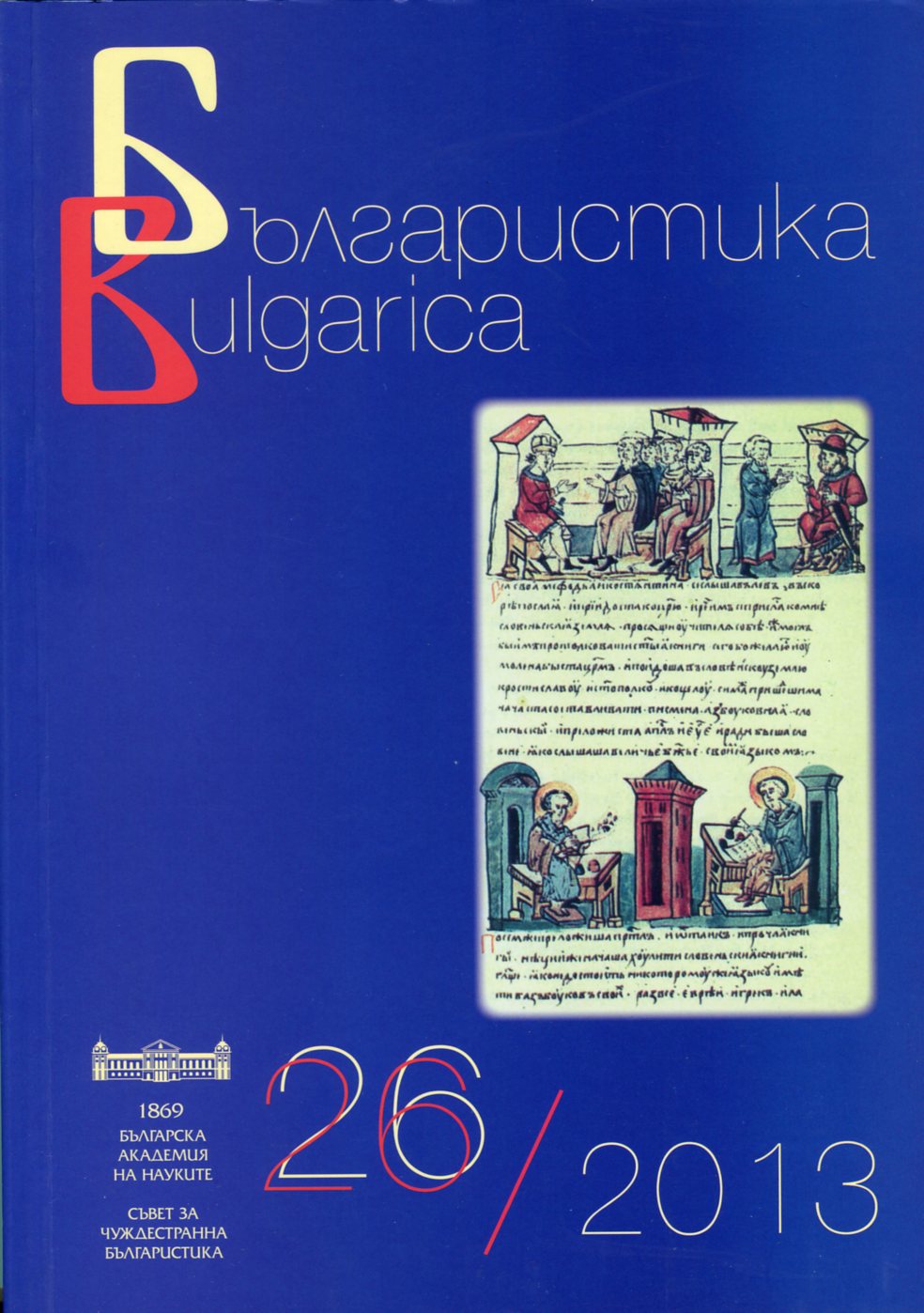
Книги 2012–2013 г.
Selected bibliography in the field of Bulgarian Studies published in the current year.
More...We kindly inform you that, as long as the subject affiliation of our 300.000+ articles is in progress, you might get unsufficient or no results on your third level or second level search. In this case, please broaden your search criteria.

Selected bibliography in the field of Bulgarian Studies published in the current year.
More...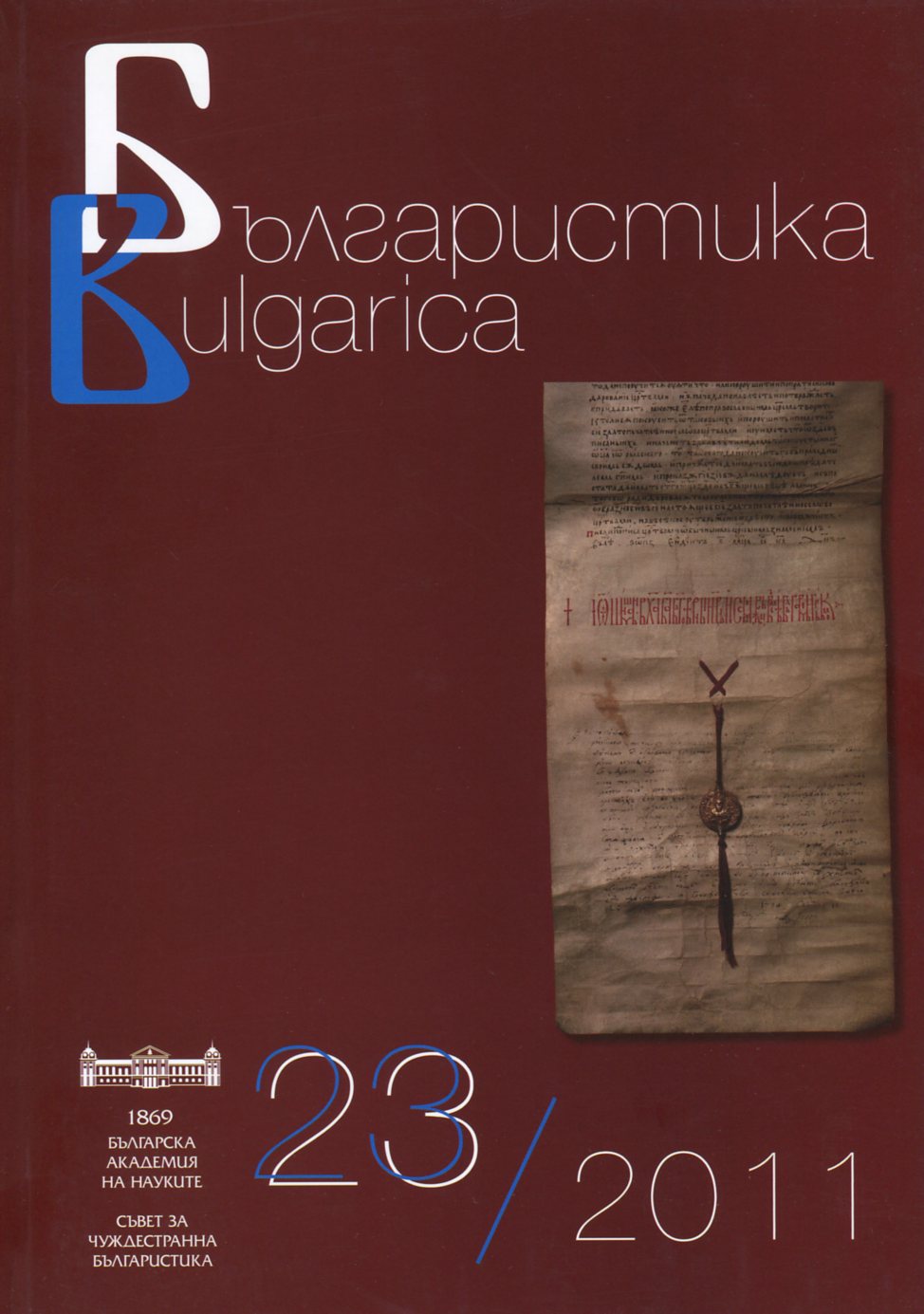
Selected bibliography in the field of Bulgarian Studies published in the current year
More...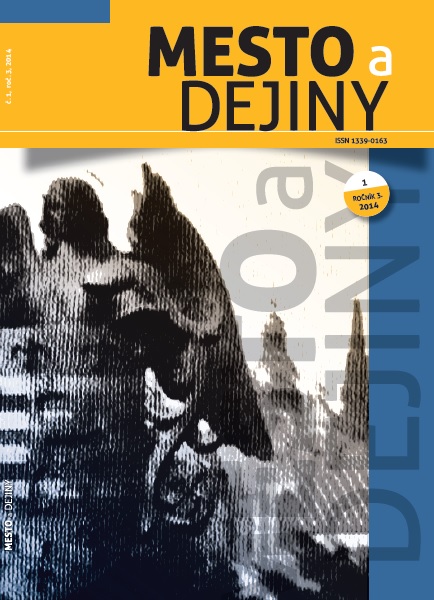
The article presents the program of sexual education prepared and offered by Krakow Branch of the Planned Parenthood Association in the wider context of socio-political situation in Krakow (1956 – 1989). Since the beginning of the Association’s existence, the special attention was paid to the development of educational program, which concerned the different aspects of „family life“. The article is going to answer the questions about its goals, the educational tools used to achieve them and its social targets. To accurately determine the position of the Association in the city‘s community I will analyse its foundation and activities in wider context of the pre-war traditions of the organisation and the activities regarding premarital counselling undertaken by the Krakow Catholic Church.
More...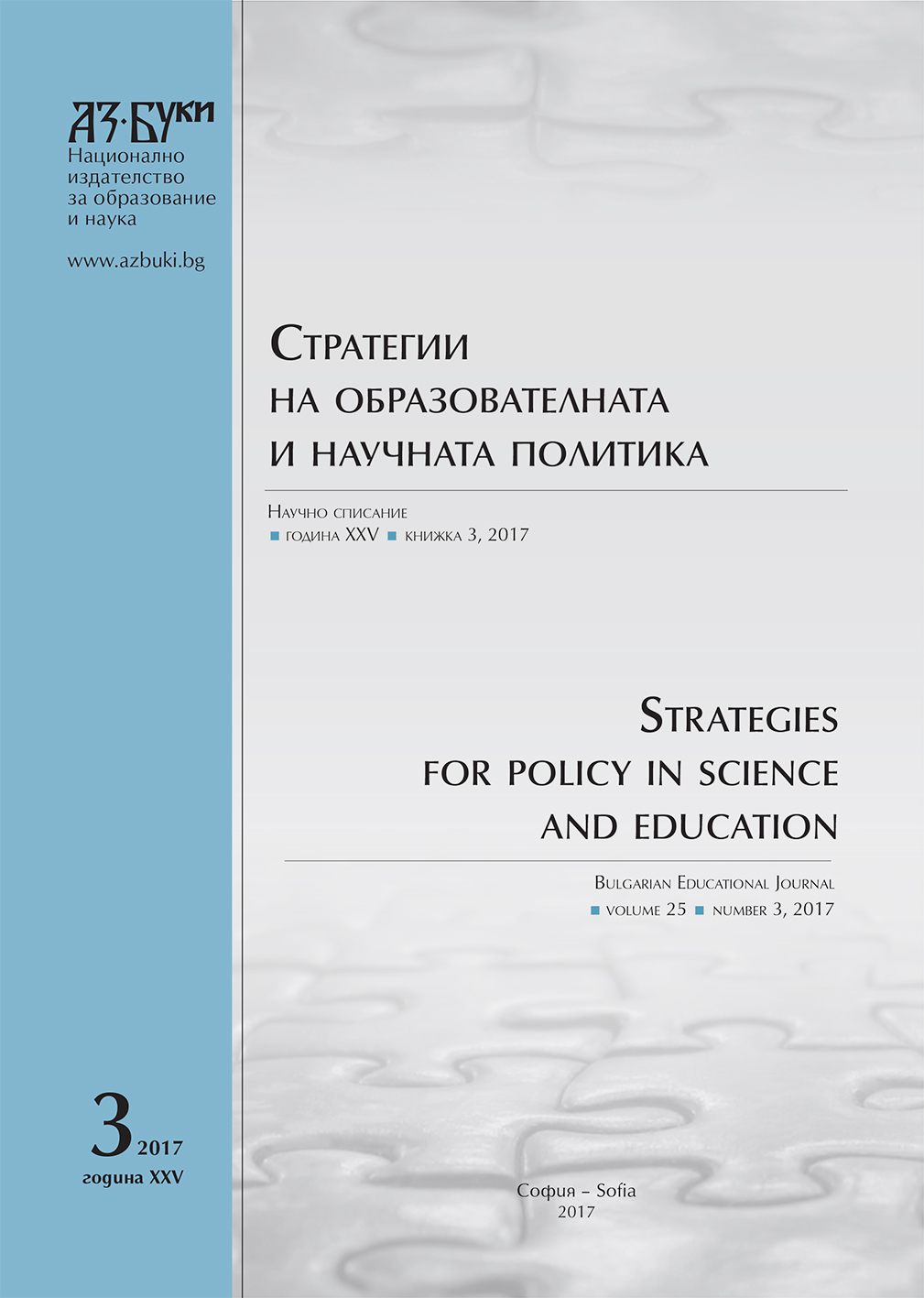
The article draws attention to some aspects of the political culture of the Bulgarian Turks. On one hand, there is a pronounced nostalgia for socialism associated with the individual security and economic stability. On the other hand, the positive assessment of European integration is understood as free access to Western European labor markets. How does the “economic” factor influence the political culture of this population at the beginning of the XXI century?
More...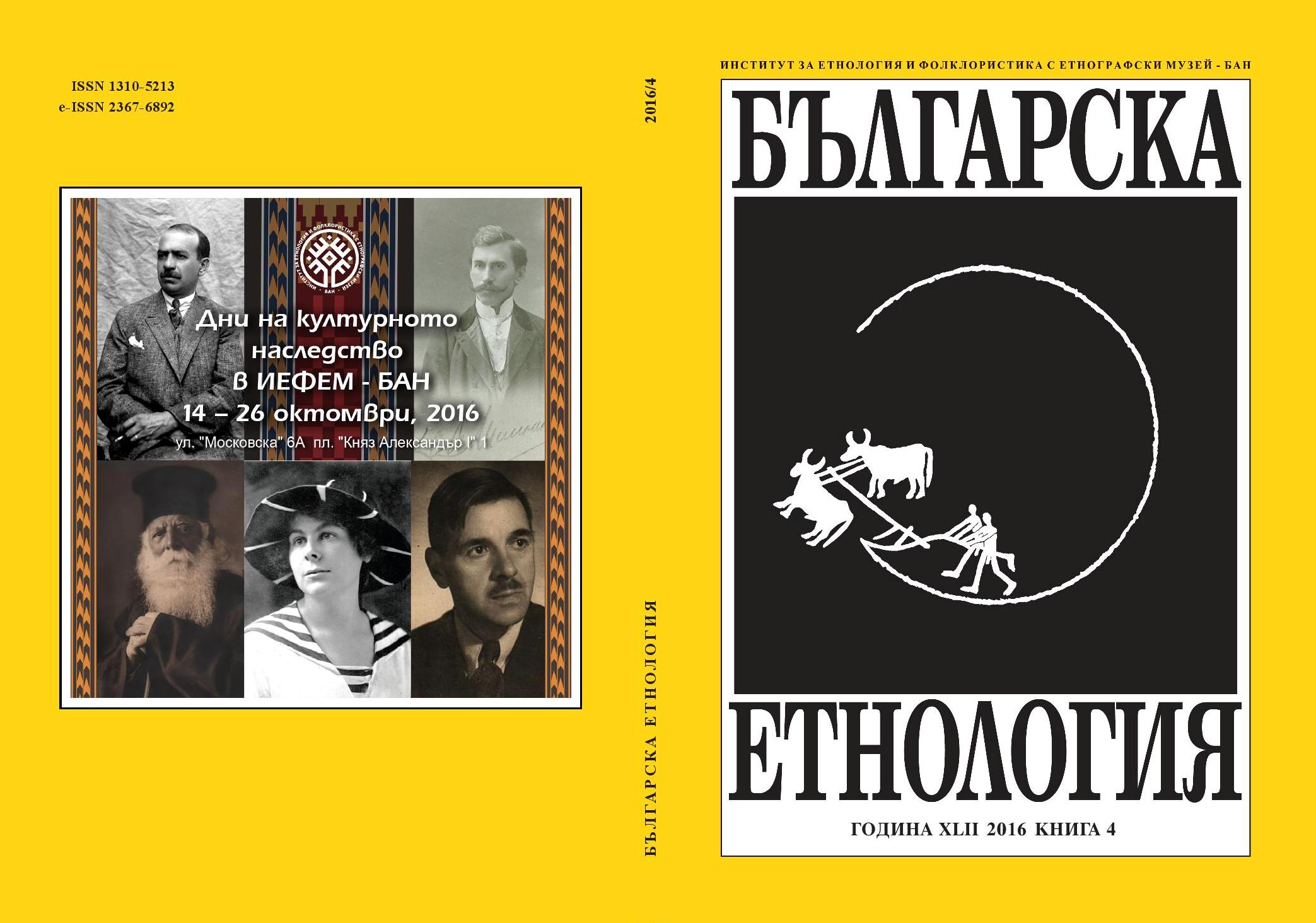
The article analyses the process of choosing different strategies of identification bythe Bulgarians in Ukraine. The present state of the “identification processes” againstthe background of the “war of memory” and the “invented traditions” places themamong the priority problems of science and politics.The subject of analysis are the specifics of the formation of collective memorywhich are at the root of the choice of identification strategy: commemorative practices,mechanisms for memorialization of the past, the correlation between the localgroup history and the national strategies of Bulgaria and Ukraine. The conclusionis that the choice of identification behaviour is influenced by the efficiency of thesocial adaptation under the specific historical circumstances. The social resources atdisposal of the group in any particular moment influence the choice of vectors of thecollective memory and predetermine the formation of defensive practices aiming topreserve the group.
More...
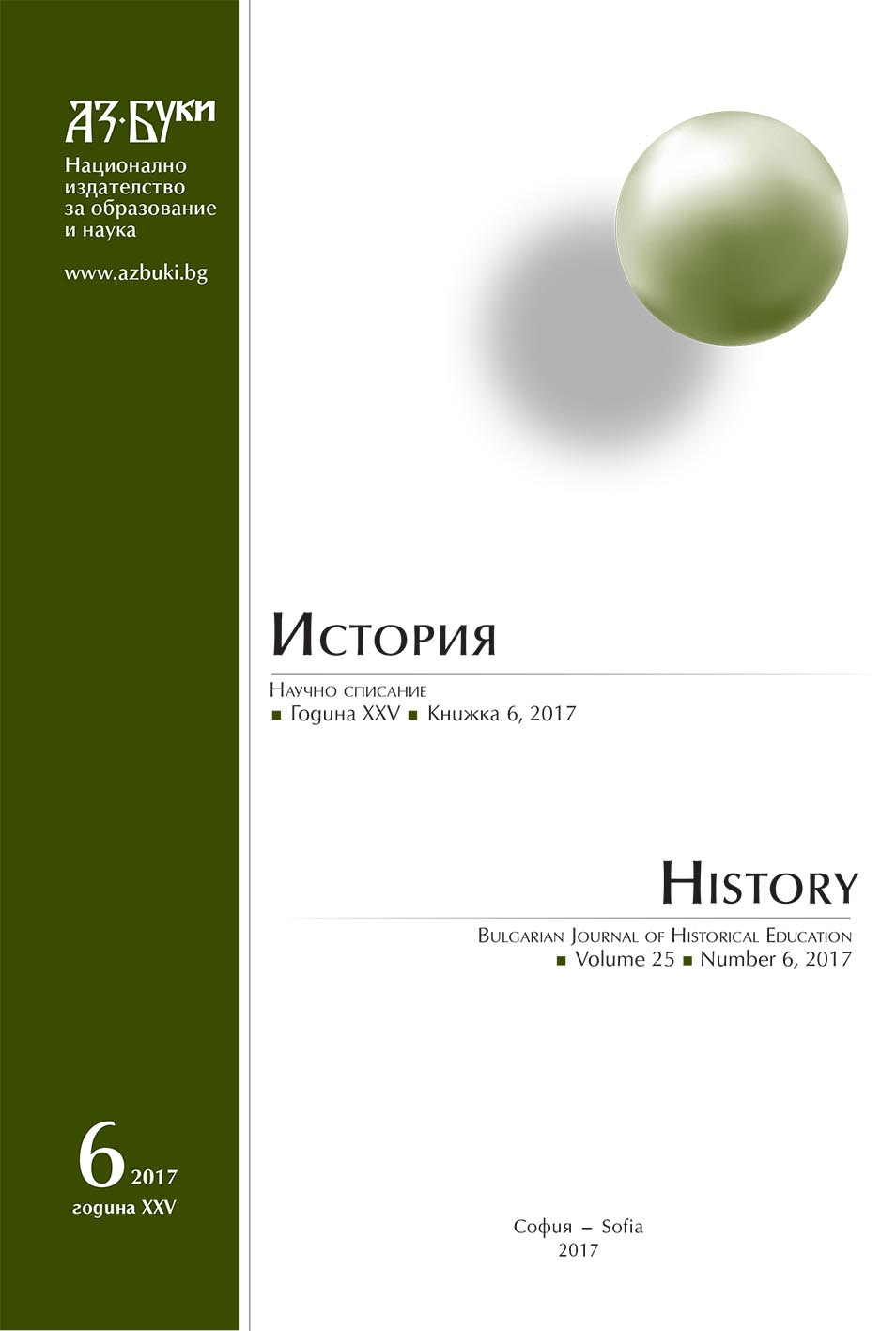

Political reality often changes human life. It gives opportunity to make unchangeable choice. Life on the border or between two borders sometimes becomes a habitual event. The dynamic transformations in human life are presented through the prism of the personal fate of two significant figures of the Bulgarian public life from the middle of the XX century - Esto Vezenkov and Boyan Mihailov.
More...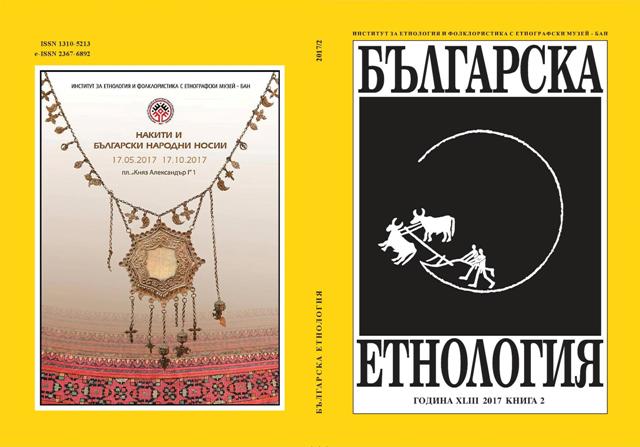
“The Gypsies are our own, domestic problem” is a phrase attributed to the long-term former head of the old communist Bulgarian government, Todor Zhivkov. The government policy towards the Gypsy minority in communist Bulgaria is one of inclusion to the Bulgarian way of life, and its implementation is carefully tailored to the specificities of Bulgaria as a country.It is a little known fact that towards the end of the 1940’s, the Bulgarian Gypsies suddenly turn from a “domestic problem” to something much larger and thus become part of the great confrontation between the two world political camps divided by the Iron Curtain. This takes place during the emigration of the ethnic Bulgarian Turks which starts in 1948, and during which, applications for emigration are filed by both Bulgarian Turks and Muslim Bulgarian Gypsies. It is this latter ethnic minority that becomes the cause for a serious conflict between ‘communist Bulgaria’ and ‘capitalist Turkey’.This paper aims at following the events from the end of the 40’s until end of the 80‘s of the previous century as well as analyzing the consequences of the confrontation between the two neighbouring Balkan countries.
More...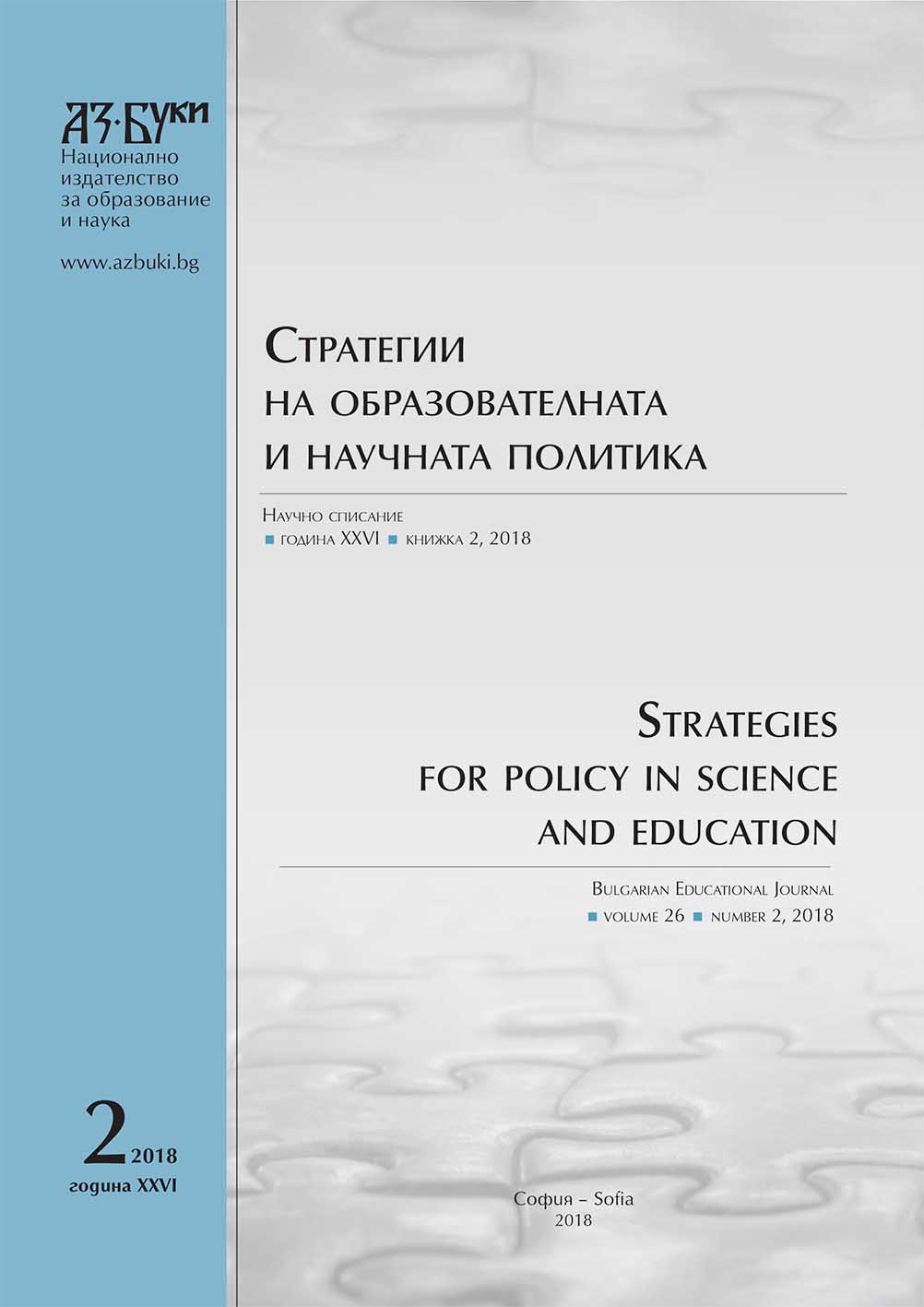
The research is historical and pedagogical of its kind; it seeks sources and aims to differentiate major trends in the development of the library education of the ethnical minorities in Bulgaria over the period 1944 – 1956. It is a first attempt for researching the contents and the forms of library education of ethnical minorities within a certain period of history. It is completely based on historical sources and enactments. The extracted positive practices and approaches are valuable experience of the contemporary education policy on integration and desegregation of ethnical minorities in one of the types of the extra-school, informal education – the library education which is inseparably involved in the Bulgarian education tradition with its 160-year history.
More...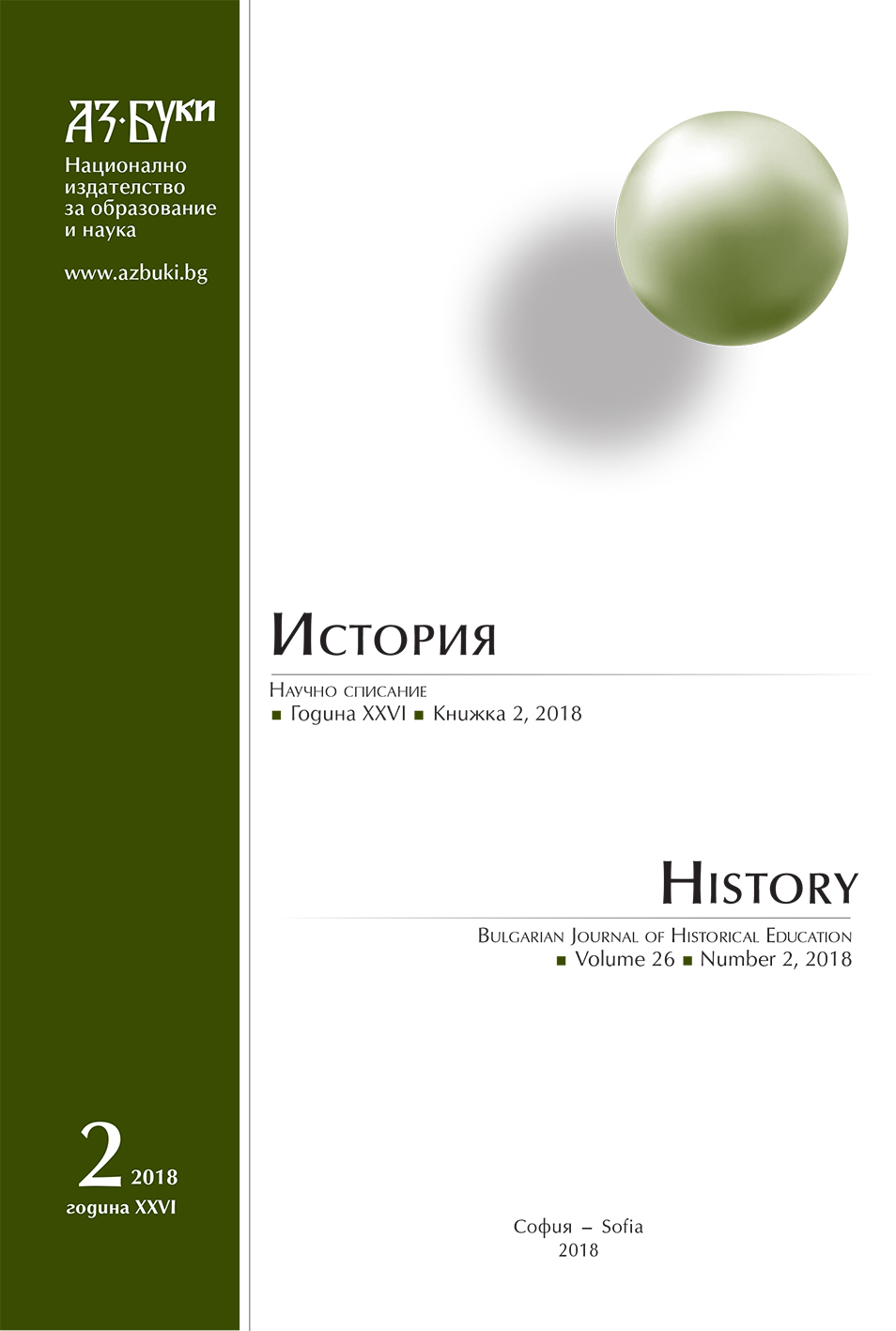
The article focuses on the question how the normalization of U.S. –Soviet relations in the beginning of the 1970s influenced the communication between the superpowers. Four main aspects of the dealings between the United States and the Soviet Union are discussed. They are: the negotiations about the status of Berlin and SALT I; the India-Pakistan and Vietnam wars in the context of relations between the two principal powers of the Cold War period. The main conclusion presented is that triangular diplomacy played an effective role in Europe, but a destructive one in Asia.
More...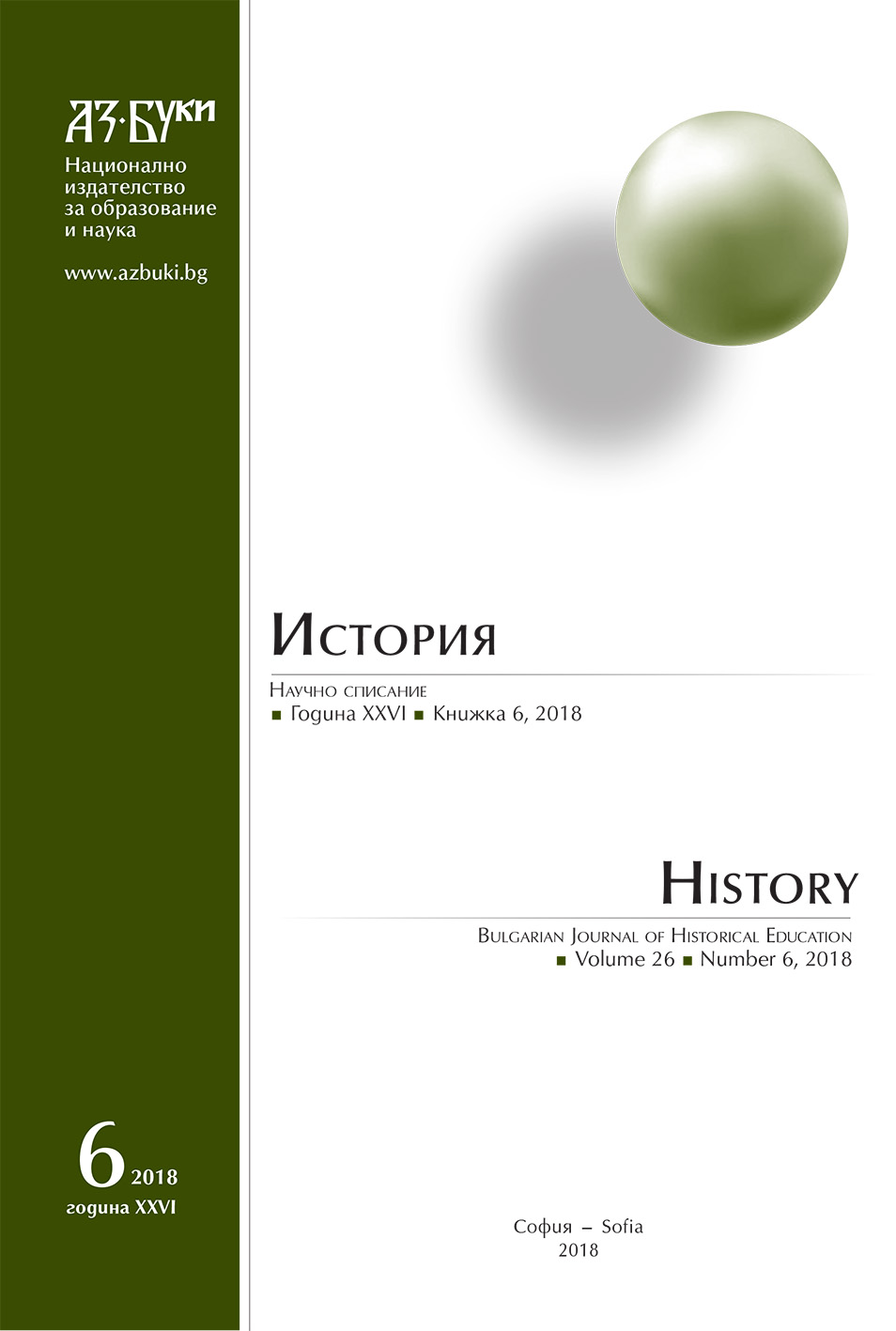
This article not only introduces the organized Polish public anti-communist initiatives, but primarily focuses on their concepts, methods and forms of action, in order to deter or completely eliminate the danger of the Communists. In the Second Polish Republic, anti-communism is in line with the Polish raison d’état, that is why the activities of the social structures struggling against the Communist International and its sections have been accepted and even supported by the Polish government, Polish police and military intelligence.
More...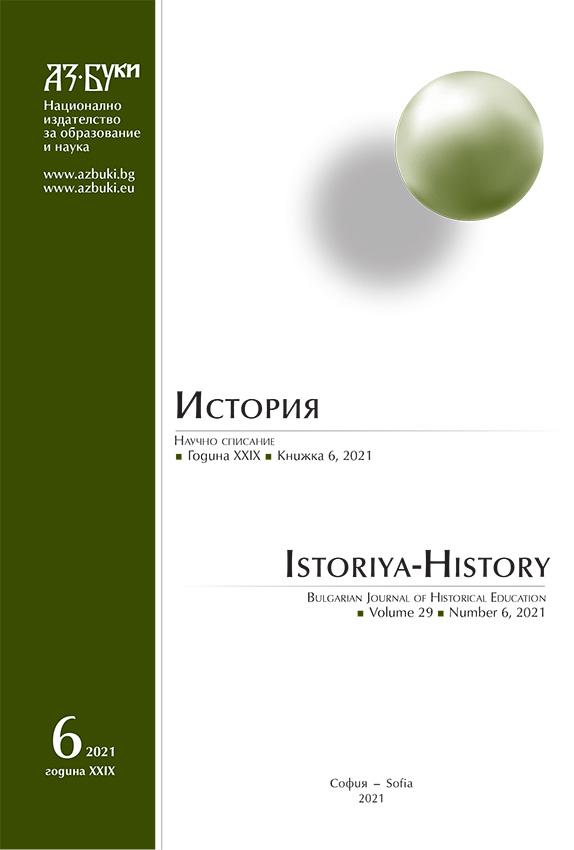
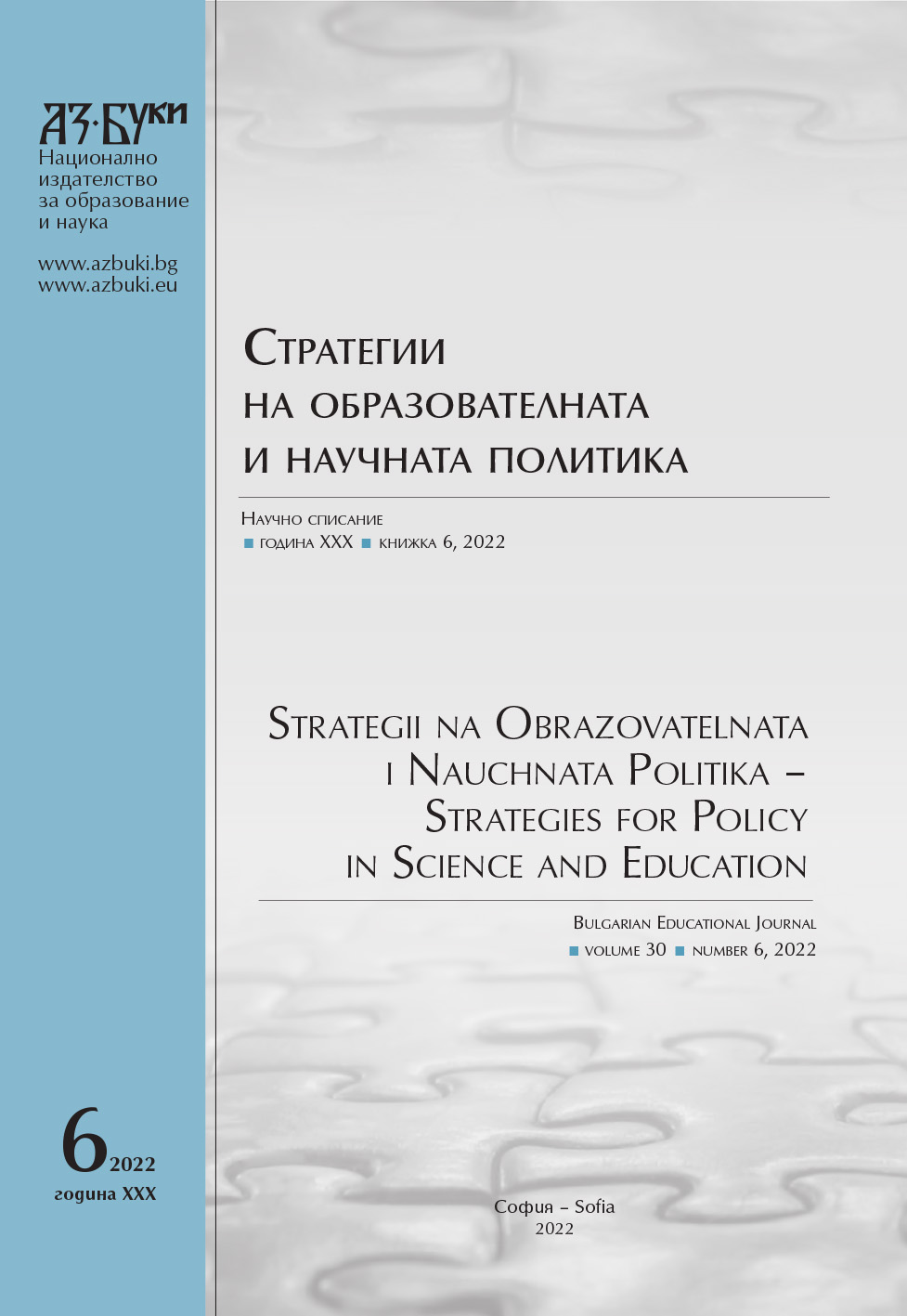
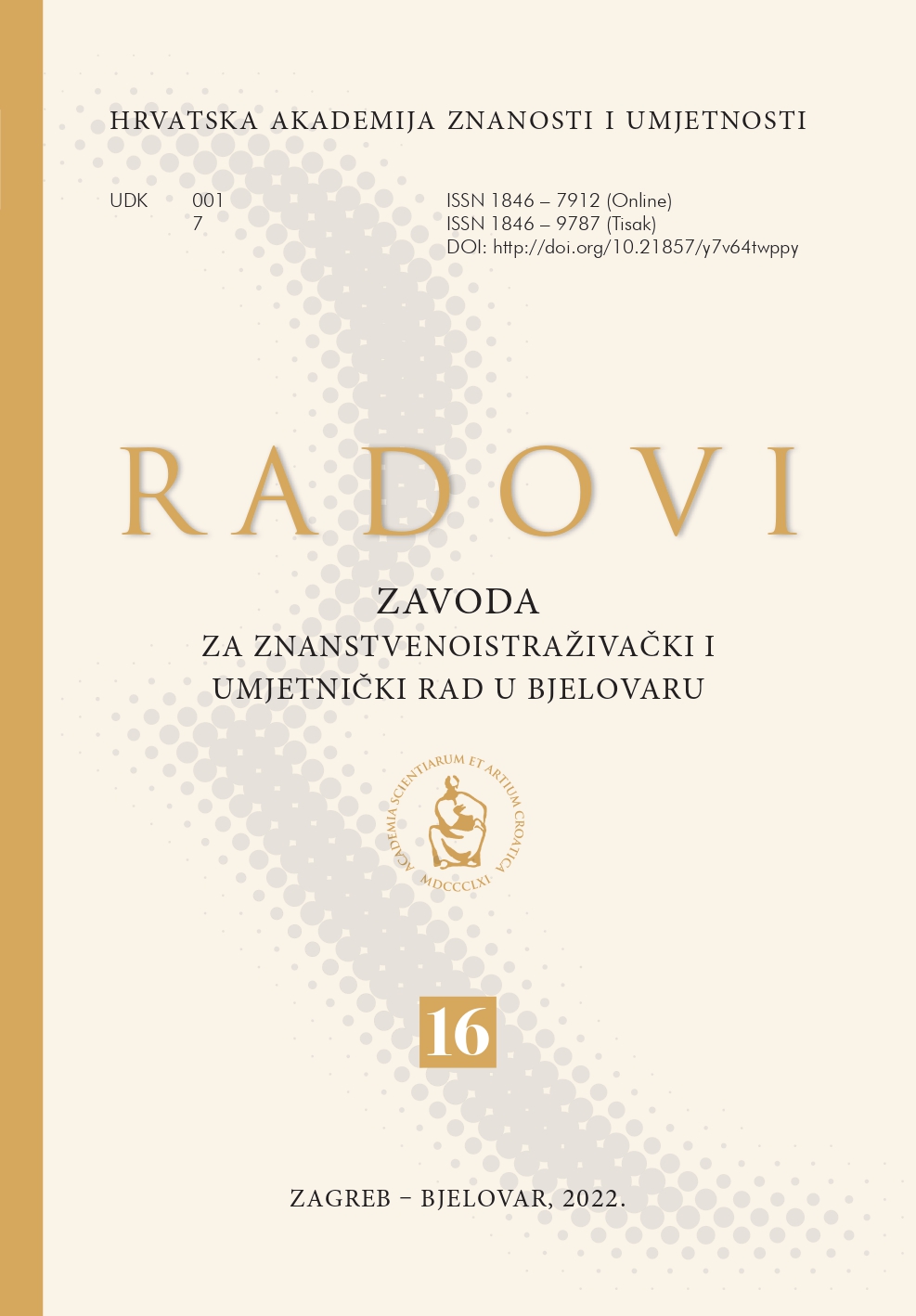
The paper presents the fundamental guidelines issued by the reform part of the Croatian state-party leadership in the early 1970s regarding the issue of the increasing number of labour migrants from the Socialist Republic of Croatia in Western Europe. In this context, an analysis of the aforementioned trend within the Communist Party of Croatia was made, which was oriented towards spreading the autonomy of the Socialist Republic of Croatia within Yugoslavia. It limited the introduction of market mechanisms in the Yugoslav economy, and abolished the patterns of operation and behaviour of state-party officials, the roots of which lied in the Yugoslav unitarism or the idea of Greater Serbia. Since the reform movement had been ended in Croatia by force, it was not even attempted to implement a part of the planned policies. Although several policies continued to be advocated, there was no genuine wish or possibility for the implementation. For the purposes of comparison, the paper illustrates – using selected documents from the second half of the 1970s and the 1980s – the relationship of the Yugoslav communist regime to labour migrants, in particular the ones from the Socialist Republic of Croatia, and the main characteristics of the return-emigrant trends in the labour migrant population on the relation Yugoslavia – Western Europe. Nevertheless, in this period, further mass exodus was halted, and even a part of labour migrants returned. This was what the reform part of the Croatian state-party leadership strived to achieve, yet the principal reason lied in the suppressing factors in Western Europe. On the other hand, however, those labour migrants, who managed to keep/get employment in Western Europe in the midst of crisis, were joined by their family members. This radically reduced their chance of return. The Yugoslav authorities claimed in public, and their officials in many closed meetings, how very dedicated they were to the return of labour migrants, although the regime suffered from major difficulties in the context of employment, even of the persons who were forced to return. During the 1960s and in the early 1970s, the Yugoslav diplomatic, consular and other officials abroad continued to maltreat, humiliate and deprive labour migrants of the Croatian nationality of the recognition of their national identity.
More...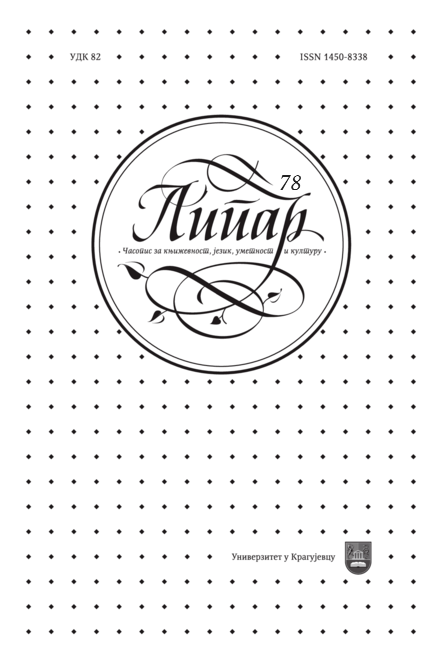
In this paper, we consider the phenomenon of fictionalization of the theme of the Goli otok in novels (mostly written by women), as a kind of collective and ideological trauma, which has been a taboo topic in socialist Yugoslavia for more than 40th years. Biljana Jovanović (Duša, jedinica moja, 1984) and Boba Blagojević (Skerletna luda, 1991) started the topic of Goli otok in a women’s ideological novel and after that the topic of IB Resolution continued through different genres: publicist- memoir work (Ženi Lebl), autobiographical novel (Vera Cenić), or a real postmodern novel by Milka Žicina (Sve, sve, sve, 2002), all the way to a modern novel, with a fictional protagonist, which combines all the experiences of the Goli Otok`s victims (G. Zalad, Plava tišina, D. Grossman, Život se sa mnom mnogo poigrao). We divide the origin of these novels into the works of women writers who personally experienced torture of Goli otok (Ž. Lebl, V. Cenić, M. Žicina, Eva Panić), and those who were born much later, dealt with this topic completely through the fiction (G. Zalad, D. Ilić, D. Grosman). V. Cenić and M. Žicine also created several impressive literary heroines, whose degree of fictionalization we have specifically analyzed here as literary heroines (Brana Marković, Dragica Srzentić, Slavka Pogačarević, Eva Panić Nahir), as well as the type of antiheroine in the character of Marija Zelić, the warden of the camp on Goli Otok. These are works whose literary qualities should be much more present on our literary scene, and with a good film adaptation they should enter a much wider, public reception, especially since film as a medium is the main subtext of two modern novels about Goli Otok (G. Zalad, D. Grosman).
More...
The paper examines different forms and intensity of censorship in culture in socialist Serbia and Yugoslavia. Since Yugoslavia was a country that tried to promote a third path between the Western capitalist and Eastern real-socialist social models from the mid-1950s, censorship had to be more subtle in culture and had some peculiarities, unwritten and often not very, well-defined rules.
More...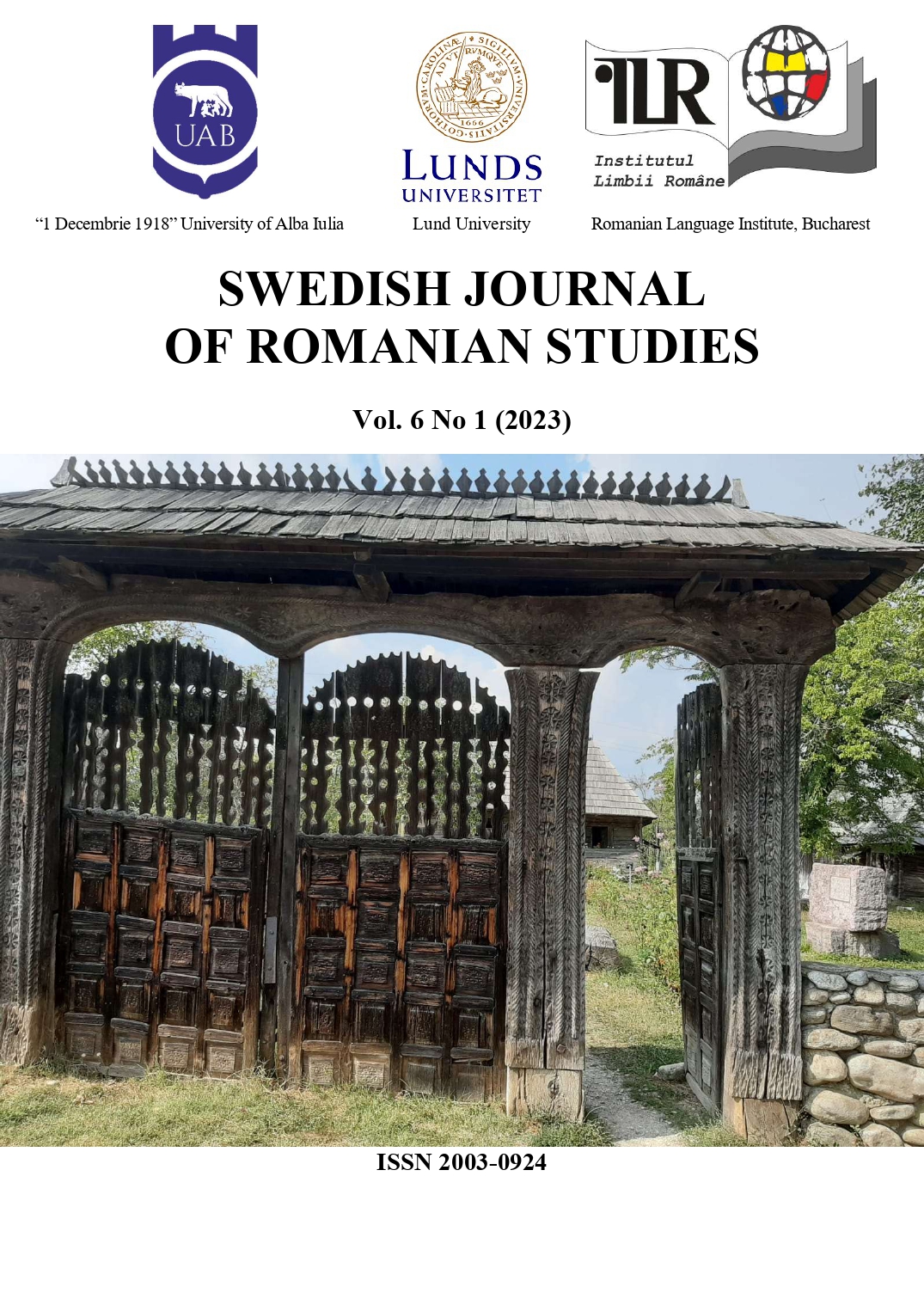
This article aims to show that Herta Müller's life is depicted as one of perpetual uprooting and to portrait elements in her novels where the writer deals with major universal themes, connected to the topic of exile and fundamental to understanding the turbulent 20th century in Europe. Her denunciation of the horrors of totalitarianism, against which she opposes a cry for freedom and against oblivion, stands out for its capacity for reflection, its originality and its poetic sensitivity, in such a way that it manages to traverse this arid terrain with original images of great beauty.Herta Müller in exile, the claw in the heart
More...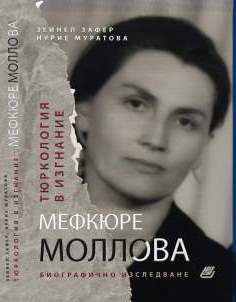
Mefküre Mollova was the first Turkish woman and university professor in Bulgaria, who defended her Ph.D. thesis in the field of turkology and gained international fame for her research. She is the author of over 150 publications in prestigious international journals that continue to be cited today. Mefküre Mollova was among the founders of the Turkish Philology at the University of Sofia. She had worked for only about 7 years (1953-1961), when she and her husband were dismissed from their academic positions on false claims, and the Department was closed. She remained outside the academia until the end of her life.
More...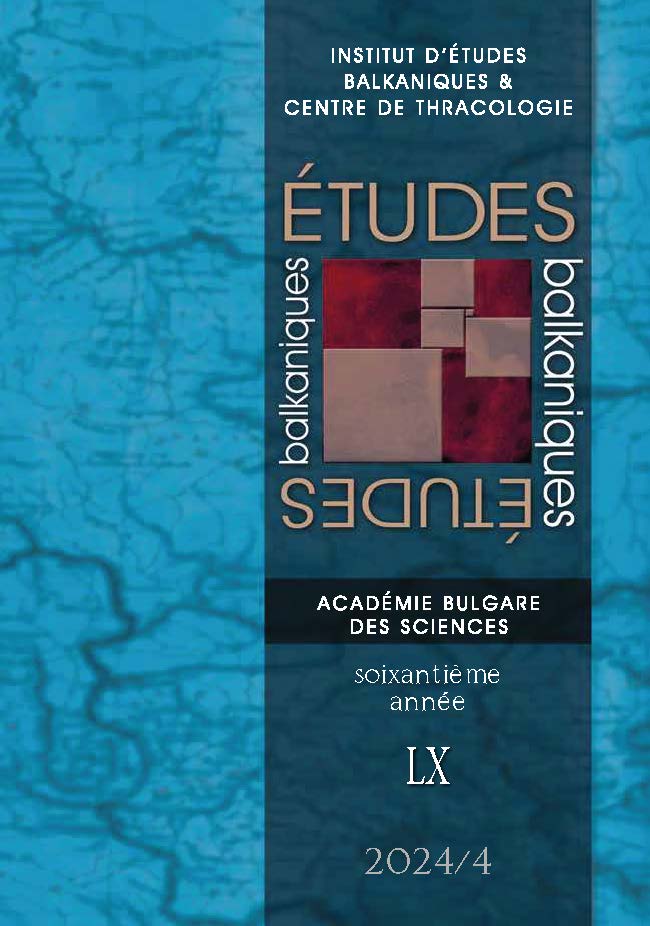
This special issue reflects on the cultural relations of state-socialist Romania between the 1950s and 1980s from the perspective of “cultural internationalism” and “cultural transnationalism”, both within the state-socialist world, and beyond.
More...